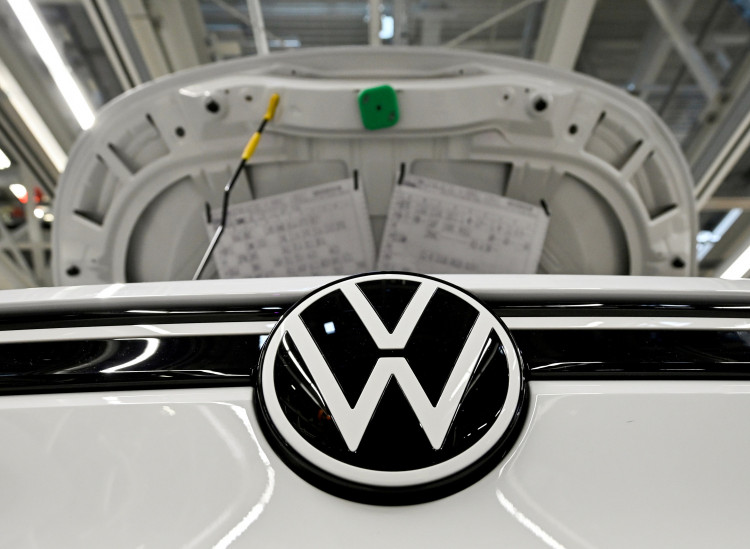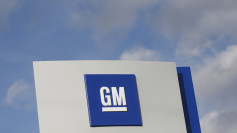Volkswagen Group has expanded its planned investment in electric vehicle (EV) startup Rivian Automotive, increasing the total to $5.8 billion as the two companies announced a broader joint venture aimed at sharing critical technology and scaling production. The announcement sent shares of Rivian soaring by nearly 20% in early trading on Wednesday. However, the investment hinges on Rivian meeting a series of stringent performance milestones.
The newly-formed joint venture, Rivian and VW Group Technology LLC, represents a strategic move for Volkswagen to access next-generation electrical architecture and software for its EV lineup, while providing Rivian with essential capital to support its growth and production expansion. The funds are intended to help Rivian ramp up production of its smaller R2 SUVs at its Normal, Illinois, plant in 2026, and to resume work on its Georgia facility, which was paused earlier this year.
Despite the high expectations for the collaboration, Volkswagen's investment is contingent on Rivian achieving specific financial and operational goals. The structure of the investment includes a mix of convertible notes, equity, and debt, with $2.3 billion being allocated this year and the remaining funds to be distributed through late 2027 or early 2028 based on negotiated milestones.
Rivian received an initial $1 billion in June as part of the agreement, convertible to equity by December. Another $1.3 billion will follow the formation of the joint venture. In 2025, an additional $1 billion will be released if Rivian achieves two non-consecutive quarters of $50 million in gross profit or two consecutive profitable quarters, a target to be measured by generally accepted accounting principles (GAAP).
Further funding in 2026 includes a $1 billion equity infusion contingent on the successful winter testing of the joint venture's technology in Rivian or Volkswagen vehicles. Additionally, Rivian will have access to a $1 billion loan, backed by its equity stake, with a 10-year repayment term. The final tranche of $460 million, scheduled for late 2027 or early 2028, will depend on the successful production of a Volkswagen vehicle using the joint technology platform.
"By combining their complementary expertise, the two companies plan to reduce development costs and scale new technologies more quickly," the companies said in a joint statement. The first Volkswagen vehicles equipped with Rivian's technology are expected to hit the market by 2027.
The partnership is a critical lifeline for Rivian, which has faced mounting financial challenges and a need to streamline operations amid a softening EV market. In recent months, Rivian announced plans to sell older vehicles, furlough over 300 pilots in January, and pursue cost reductions, including renegotiating supplier contracts and enhancing manufacturing efficiency. Rivian CFO Claire McDonough noted that the company would provide further updates on the financial impact of the joint venture during its fourth-quarter results next year.
For Volkswagen, the investment aligns with its strategy to bolster its EV capabilities and compete against rivals in an increasingly crowded market. The German automaker, which owns brands such as Audi, Lamborghini, and Porsche, has been grappling with rising costs, declining sales, and competition from Chinese EV makers. VW Group CEO Oliver Blume expressed optimism about leveraging Rivian's technologies across a broad spectrum of international markets and price points.
The joint venture will initially employ around 1,000 developers and engineers, who will work side by side in California, with additional facilities planned in North America and Europe. Volkswagen has committed to funding 75% of the shared platform costs through 2028, with Rivian covering the remaining 25%. From 2029 onward, VW will provide an incremental $100 million annually to reduce Rivian's cost burden.





